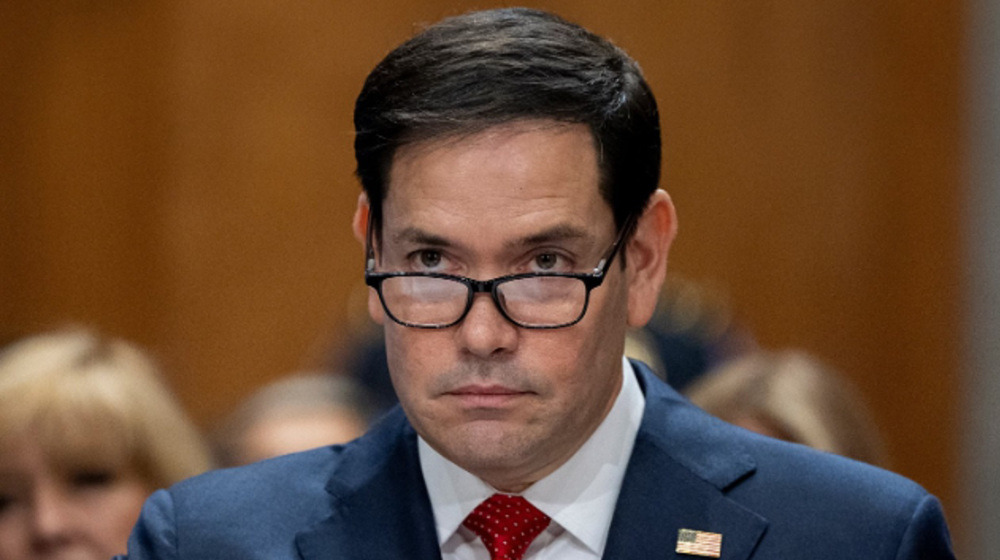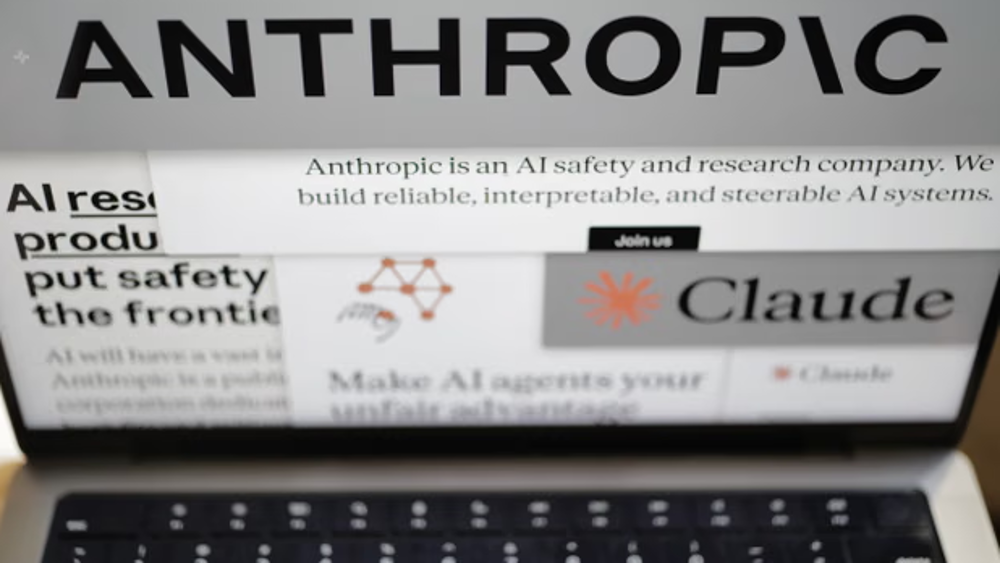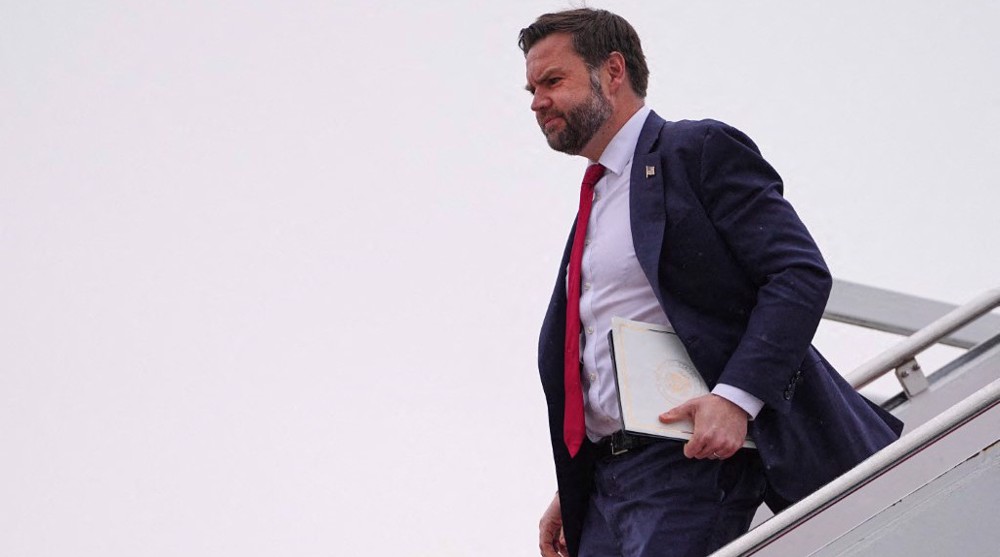Trump leaves door open to rejoin Paris climate accord
US President Donald Trump has left the door open to rejoin the historic Paris climate accord after talks with his French counterpart Emmanuel Macron in Paris.
In a joint conference with the French leader on Thursday, Trump said he could change his mind on the matter six weeks after pulling the US out of the 2015 pact.
He however added that his final decision was yet to be made.
“Something could happen with respect to the Paris accord,” Trump said. “We will see what happens…If it happens, that’ll be wonderful. And if it doesn’t, that’ll be okay too.”
Macron, for his part, said he respects Trump’s decision but guaranteed his country’s commitment to the deal. He said earlier that he had a "strong disagreement" with Trump about the agreement.
The two leaders tried to push past their major differences even further by highlighting their joint history and addressing various areas of cooperation such as trade and counter-terrorism.
Read More:
- 'US under Trump becoming a rogue nation'
- Trump isolated by world leaders at G20
- 'US isolation inevitable under Trump'
Last month, Trump said he was withdrawing the US from the Paris Climate Agreement, a move that would have profound effects on the planet and deepen a rift with American allies.
"In order to fulfill my solemn duty to protect America and its citizens, the United States will withdraw from the Paris climate accord," Trump said.
He called the deal unfair to American workers and said it stifled production and imposed burdens on the country.
Trump has taken a hard stance on climate change; at times calling it a hoax by China. He vowed during the election campaign to "cancel" the Paris agreement within 100 days of becoming president on January 20 in order to bolster US oil and coal giant, which bankrolled his campaign.

The Paris Agreement entered into force on November 4, 2016 and has been signed by 197 countries, of which 135 have now formally ratified it, which represent more than 75 percent of global greenhouse gas emissions.
Many nations have expressed hopes the US will stay, but they also believe the accord has enough backing to survive a withdrawal.
The Paris agreement seeks to halt average global warming at no more than 2 degrees Celsius (3.6 degrees Fahrenheit) above pre-industrial temperatures by 2050. It also sets out a goal of reaching a limit of 1.5 degrees Celsius, if possible.
The adopted text acknowledges that the risks of climate change are much more serious than previously thought. The deal is to take effect in 2020.
Iran’s retaliatory attacks will continue uninterruptedly: Senior commander
Saudi Arabia lobbied for UAE sanctions: Trump
IRGC launches missile, drone strikes against Israel in response to US-Israeli aggression
IRGC pounds US bases across West Asia following US, Israeli aggression
VIDEO | Plan for US-pegged digital currency in Gaza raises sovereignty fears
OIC welcomes Oman-mediated Geneva talks between Iran, US; warns against use of force
VIDEO | Campaign to boycott Israeli ‘apartheid dates’ in UK intensifies during Ramadan
VIDEO | Pakistan launches Operation Ghazab lil-Haq after Afghan border firing

















 This makes it easy to access the Press TV website
This makes it easy to access the Press TV website